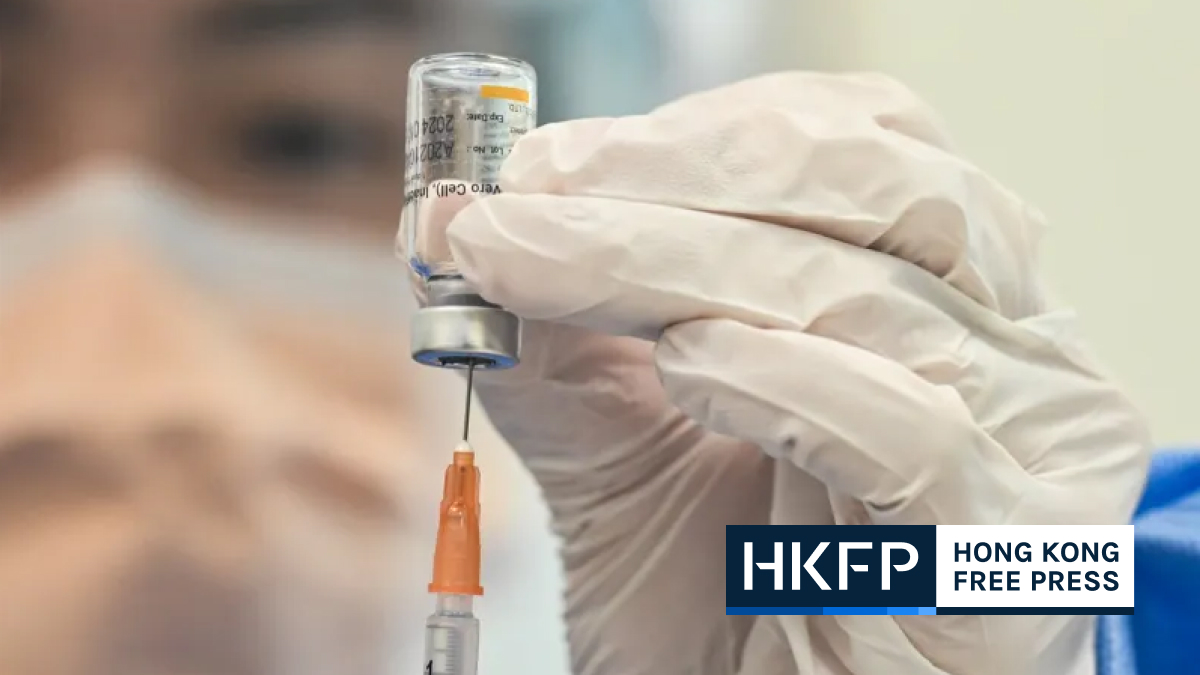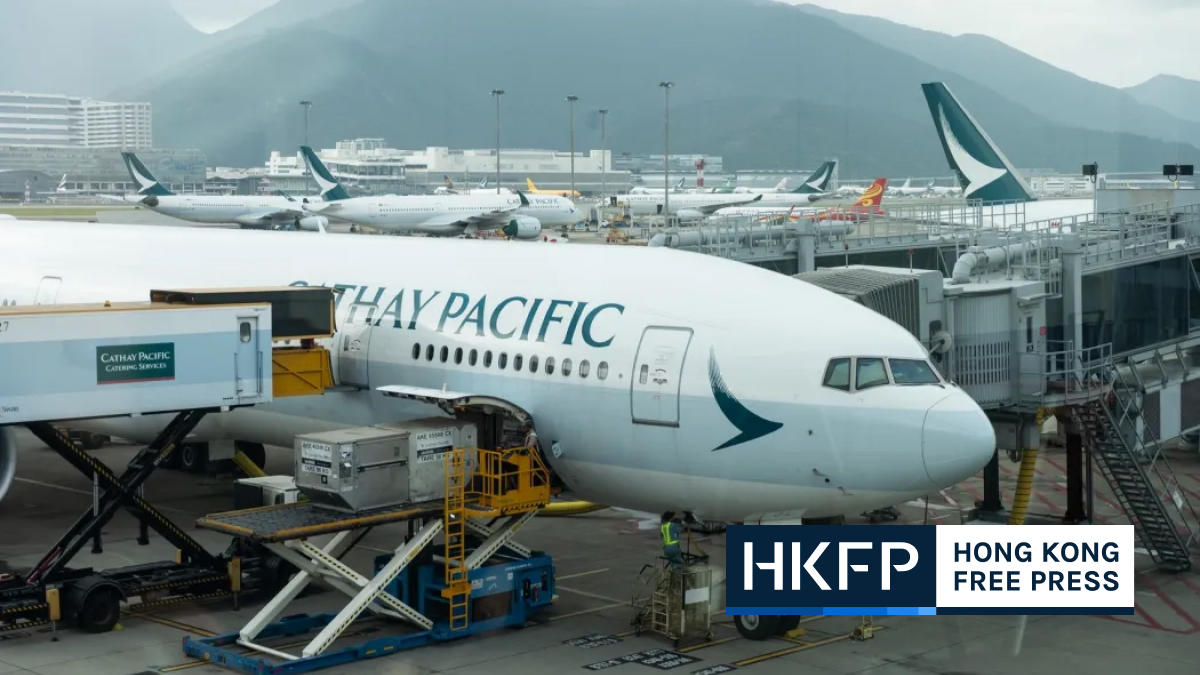Hong Kong’s homeless population is expected to rise after businesses were hit hard by the fifth wave of Covid-19, a community organiser who has served local street sleepers for more than 30 years has said, despite government figures showing fewer people living on the streets at the end of March.

Secretary for Labour and Welfare Law Chi-kwong told the Legislative Council (LegCo) on Wednesday that there were 1,564 street sleepers registered on the Computerised Street Sleeper Registry as of March 31. The figure dropped slightly – by around 1 per cent – compared with the number recorded in March 2021, which was 1,580.
Yau Tsim Mong remained the district with most street sleepers, accounting for 39 per cent of the registered homeless population, followed by Sham Shui Po with 27 per cent.
Street sleeping was a “complex social problem” that involved policy-making of numerous government departments, Law said in his written reply to a question from lawmaker Chan Pui-leung. He said social workers were required to report on changes in the situation of street sleepers to the authorities to ensure the accuracy of the registry.
The Social Welfare Department would also monitor the “evolving welfare needs of street sleepers” and review the registration procedure and criteria, he said.
Ng Wai-tung of the Society for Community Organization (SoCO) told HKFP on Wednesday that the population of street sleepers was likely to rise in the aftermath of the fifth wave of Covid-19 outbreak, during which more than 1 million residents were infected and over 9,000 died. He said some people who saw their work suspended due to anti-epidemic restrictions or lost their jobs over the past few months may end up sleeping on the streets.
Hong Kong’s unemployment rate reached a 12-month high of 5.4 per cent in the period from February to April as the fifth wave and resulting social distancing restrictions dealt a heavy blow to businesses. The figure issued by the Census and Statistics Department last month meant around 206,100 people were out of a job.
“Although the restrictions were eased, it does not mean businesses would rehire those people right away, so we expect this year’s [homeless population] figure to rise,” said Ng, who has spent more than 30 years helping street sleepers in the city.

Ng added the government figure may not fully reflect the local homeless population, as some may not be willing to report their situation to the authorities.
The Social Welfare Department currently provides emergency shelters and subsidises charity organisations to run short-term hostel places for the homeless. The city has a total of 620 temporary accommodation spots for street sleepers at present, Law told LegCo, with 228 places subvented by the government and the rest being operated by NGOs on a self-financing basis.

But the publicly-funded temporary placements only allow a stay of up to six months, which Ng said was “too short,” with some street sleepers questioning the stability of the arrangement and where they could go afterwards. Some homeless people were also worried that the original spots they stayed – especially those near locations with air-conditioning – may be lost after they moved to the temporary hostels.
Ng urged the government to consider extending the duration of stay to at least one year.
“When they can’t find a suitable place to rent after six months, they will sleep on the streets again,” the SoCO staff said.
Support HKFP | Policies & Ethics | Error/typo? | Contact Us | Newsletter | Transparency & Annual Report | Apps
Help safeguard press freedom & keep HKFP free for all readers by supporting our team















